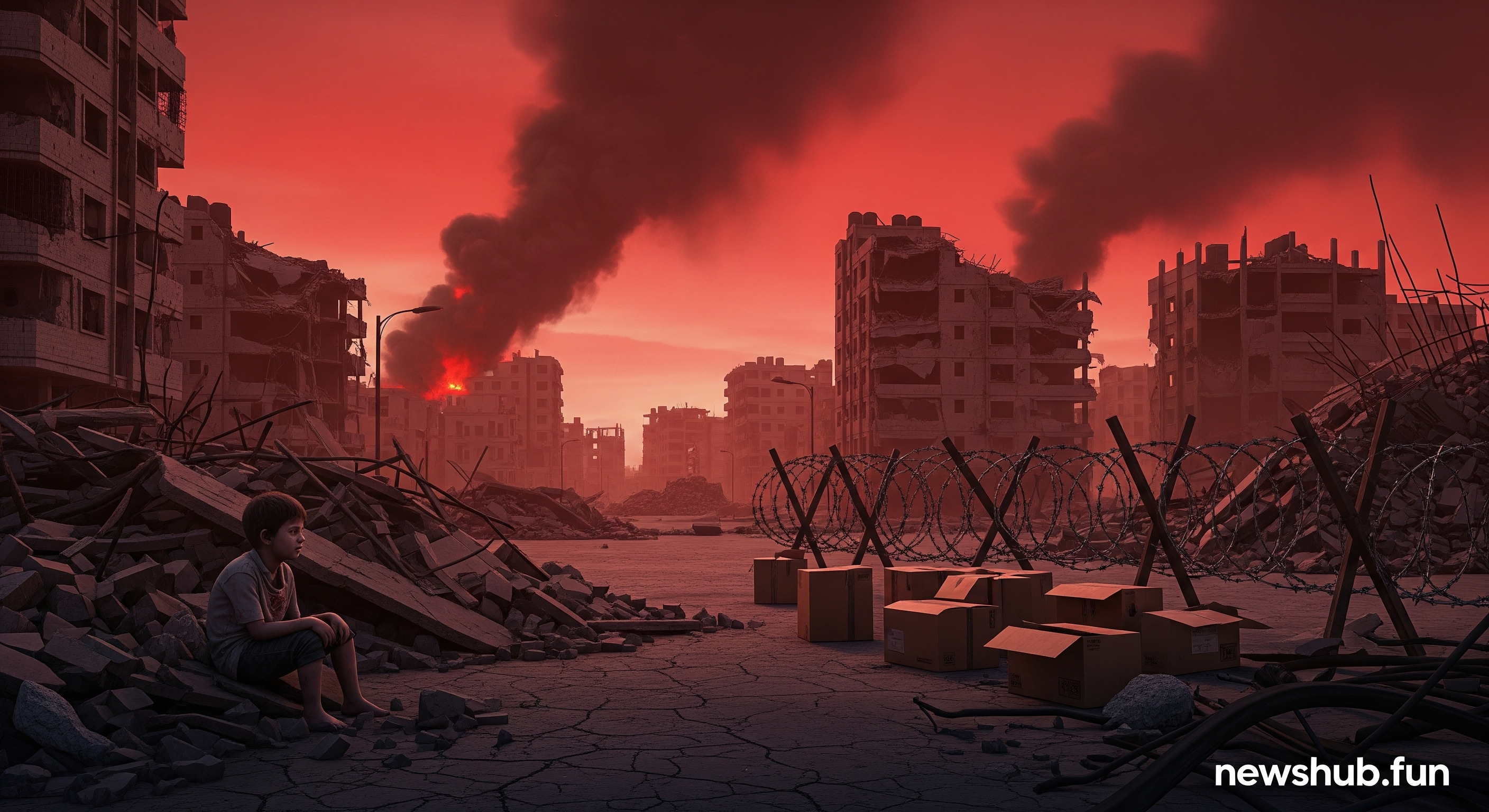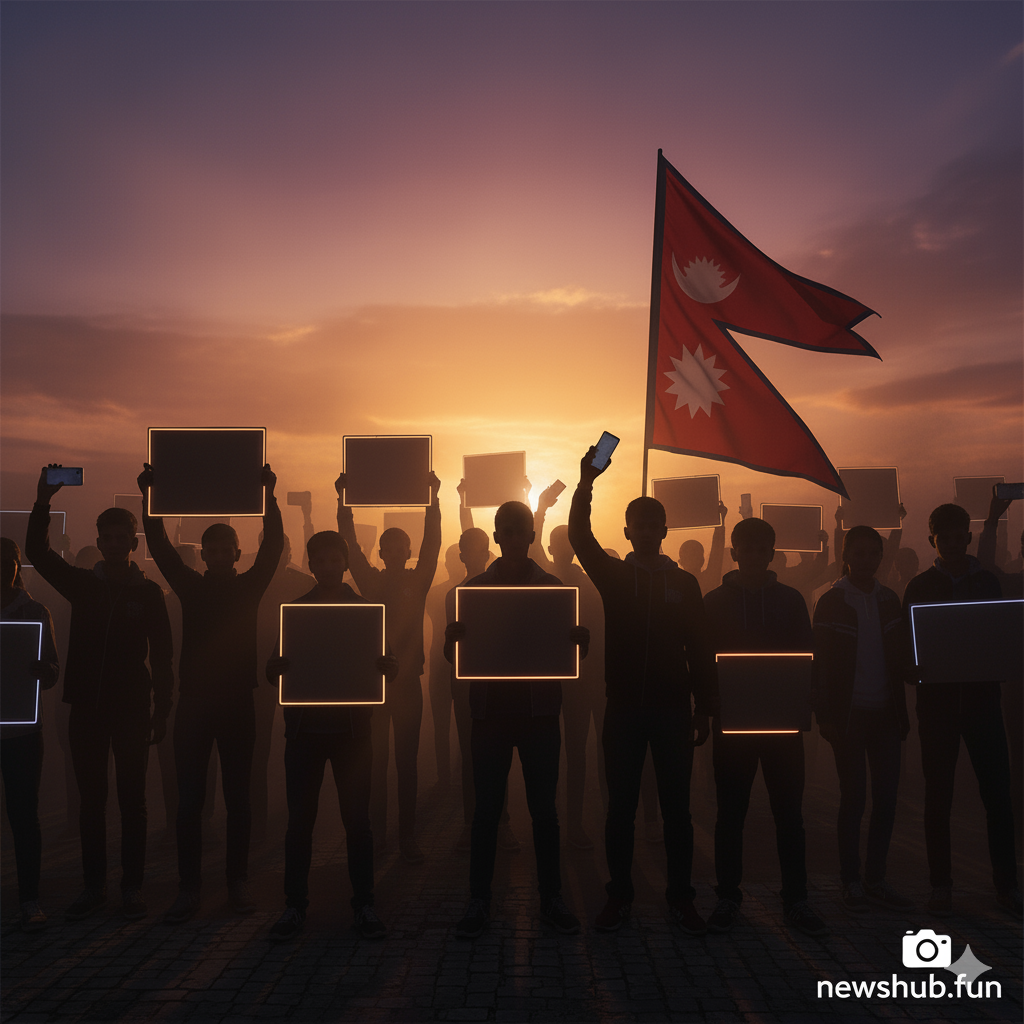Introduction
The Gaza conflict has once again claimed the lives of journalists, raising international alarm over press freedom in conflict zones. In the latest round of Israeli airstrikes, several journalists were killed while reporting from frontline areas. The attack has sparked outrage among global media watchdogs and human rights groups, who accuse Israel of deliberately targeting the press to silence voices documenting the humanitarian catastrophe.
Journalists Killed and Their Affiliations
Recent strikes have killed:
-
Mohammed Abu al-Qasem – Reporter for Al-Quds TV
-
Haneen Barakat – Field correspondent for Palestine Today
-
Omar Shalabi – Cameraman for Al Jazeera Arabic
All three were covering civilian evacuations when their vehicle was hit. Their deaths bring the total number of journalists killed in Gaza since the conflict began to over 100, making it one of the deadliest wars for media workers in modern history.
International Reactions
-
Reporters Without Borders (RSF): Condemned the killings, calling them “a war against truth.”
-
Committee to Protect Journalists (CPJ): Demanded an independent international investigation.
-
United Nations: Raised concerns that attacks on journalists may constitute war crimes.
Humanitarian Impact in Gaza
The targeting of journalists adds to an already worsening humanitarian crisis. Gaza faces:
-
Collapsed health system with hospitals overwhelmed.
-
Severe shortages of electricity, medicine, and clean water.
-
Mass displacement as families flee destroyed neighborhoods.
Journalists have been crucial in documenting these conditions, which is why their loss is seen as silencing Gaza’s remaining lifeline to the world.
Israel’s Stance
Israeli officials have denied deliberately targeting journalists, claiming that militants often embed themselves in civilian areas. However, human rights groups argue that Israel’s pattern of strikes on media personnel and press offices shows a deliberate effort to control the narrative.
Conclusion
The killing of journalists in Gaza is more than a tragedy—it is a direct blow to global press freedom. As the conflict deepens, protecting media workers is essential to ensure that the human cost of war is not hidden from the world’s eyes.
.jpg)

.jpg)

0 Comments
No comments yet. Be the first to share your thoughts!
Leave a Reply